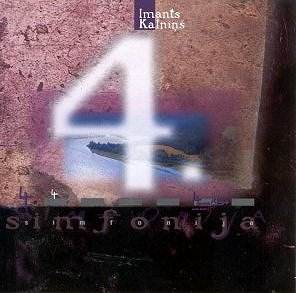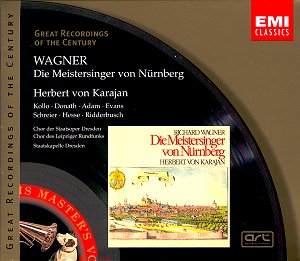 Composer: Frederick Delius (1862-1934)
Composer: Frederick Delius (1862-1934)
Works: Dance for Harpsichord (arr for piano), Three Preludes, Five Piano Pieces, Zum Carnival, Pensées Mélodieuses (No. 2), Badinage (Danse Lente), Presto Leggiero, Two Piano Pieces, Margot la Rouge – Prelude, Duet (arr Ravel), On Hearing the First Cuckoo in Spring, In a Summer Garden, Florida Suite – selections (Plantation Dance (At Sunset), Nocturne)
Performers: Charles Abramovic (piano), Davyd Booth (violin; Five Piano Pieces No. 4 only)
Recording: January 2000, Longwood Gardens Music Room, Kennett Square, PA, USA
Label: DTR
Frederick Delius occupies a unique position in the pantheon of late-Romantic composers, often overshadowed by his more illustrious contemporaries. His oeuvre, dominated by orchestral works, reveals a rich tapestry of impressionistic textures and an affinity for the natural world. This recording of Delius’s piano music, featuring notable arrangements and transcriptions, invites both seasoned listeners and newcomers to explore the subtleties of his melodic and harmonic language. While the piano was not Delius’s primary medium, the pieces here offer a glimpse into his distinctive style, characterized by lush harmonies and an impressionistic sensibility.
Charles Abramovic emerges as a deeply sympathetic interpreter of Delius’s music, imbuing each work with a nuanced understanding of its inherent emotionality. The Five Piano Pieces, particularly the Mazurka, showcases Delius’s lyrical qualities, reminiscent of Debussy, albeit without the latter’s technical complexity. Abramovic’s touch is light yet expressive, allowing the music to breathe while retaining clarity. The eager Toccata, which concludes the set, crackles with energy and recalls the ecstatic moments found in Delius’s orchestral North Country Sketches. The collaborative performance with Davyd Booth on violin adds depth to the Lullaby, where Booth’s slightly reedy tone juxtaposes beautifully against the piano’s delicate phrases.
The arrangements presented here, notably the two extracts from Margot la Rouge, arranged by Ravel, reveal Delius’s operatic lyricism. These selections stand out for their emotional weight, oscillating between reticence and poignant expressiveness. Ravel’s deft touch in transcribing these pieces allows the essential qualities of Delius’s music to shine, even in a piano format. Similarly, the arrangement of On Hearing the First Cuckoo in Spring proves to be surprisingly effective, evoking a pastoral charm that transcends its original orchestral setting. Here, the arrangement by Gerard Bunk triumphs over Philip Heseltine’s (Peter Warlock’s) rendition of In a Summer Garden, which tends to feel overly rigid compared to the fluidity captured by Bunk.
DTR’s sound engineering merits particular mention. The recording captures the nuances of Abramovic’s Steinway with remarkable fidelity, allowing the listener to appreciate the subtleties of dynamics and timbre. The piano’s resonance is beautifully balanced, and one can clearly discern the delicate interplay between the piano and violin, especially during the more intimate moments of the performance. The production benefits from the thoughtful contributions of Robert Threlfall, whose insightful notes guide the listener through the historical context and intricacies of the pieces.
A comparative perspective with well-known recordings, such as Sir Thomas Beecham’s classic interpretations of the Florida Suite, highlights the unique character of Abramovic’s performance. While Beecham’s orchestral renditions are rich in color and drama, this solo piano compilation offers a more introspective view of Delius’s artistry. The selections from the Florida Suite, particularly the Plantation Dance, resonate with a Grieg-like charm, evoking images of languid summer evenings, beautifully interpreted through the lens of Abramovic’s sensitive playing.
This recording is an invaluable addition to the discography of Delius, providing a welcome opportunity for enthusiasts to engage with lesser-known works and arrangements. Abramovic’s interpretations, coupled with the thoughtful engineering and historical context provided, ensure that listeners will not only enjoy the music but also gain a deeper appreciation for Delius’s artistry. As a resource for both the devoted Delius aficionado and the curious newcomer, this collection offers a rich auditory experience that resonates with beauty and introspection.



